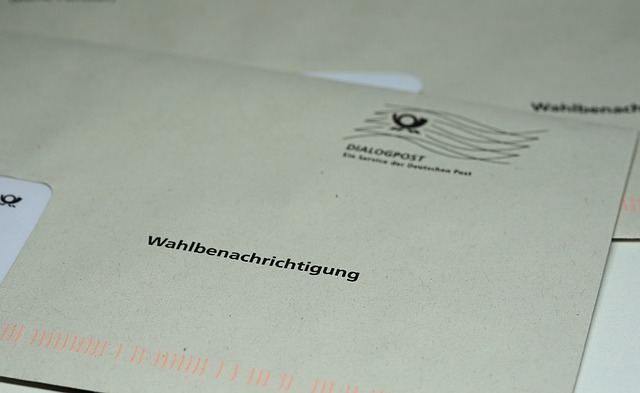Post-Electoral Survey 2017
Post-Electoral Survey 2017
 Following the German parliamentary elections in autumn 2017, a survey was conducted regarding the theme of elections and political participation. The study was funded by the state capital Munich and covered both voters and non-voters.
Following the German parliamentary elections in autumn 2017, a survey was conducted regarding the theme of elections and political participation. The study was funded by the state capital Munich and covered both voters and non-voters.
The study aimed, on the one hand, at understanding the factors influencing people’s decision not to vote. On the other hand, it was intended to analyze the measures that might contribute to motivating non-voters to go to elections. Only individual demographic (denomination), socio-economic (per-capita income) and socio-structural (satisfaction in life) features turned out to be significant for explaining people’s decision not to vote. In contrast, long-term political attitudes (political interest, political orientation, trust in political institutions and satisfaction with democracy) are far more powerful factors. Furthermore, attitudes of political participation (political disillusionment and political information) likewise exert a certain effect on explaining the behavior of voters.
For the interviewed Munich citizens, it has shown that their main reason for not voting was the lacking trust in politicians. The local Munich politicians might deal with this loss in confidence, for instance, by taking up the interviewees’ wish for a more frequent presence of city council members in the individual districts where they should discuss with the citizens and take an active part in debates.
The results of the survey, in which 998 persons took part, are now available.
Download Results Report (PDF in German, 1,1 MB).
Here you will find a short version of the report including recommendations for action:
Download Short Report (PDF in German, 370 kB).
A presentation of the results can be downloaded here (PDF in German, 118 kB).
The "Süddeutsche Zeitung" reported about the findings of the survey (content in German).
Conact: Werner Fröhlich (E-Mail)

